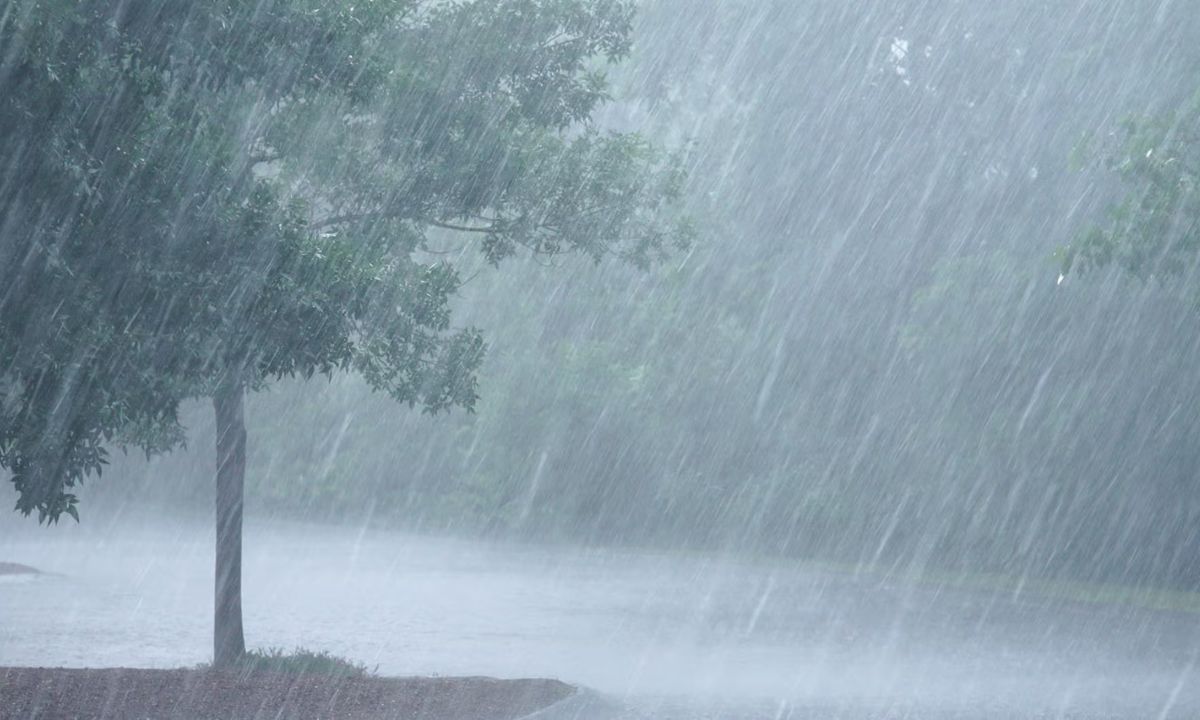Nepal’s proposed Social Media Bill 2025 has ignited widespread controversy, with critics calling it the biggest threat to freedom of speech in the country’s history. The bill, introduced by the government to regulate the operation and usage of social media, has sparked an online protest, with users trending hashtags like #LetUsSpeak, and #BolnaDeSarkar on X (formerly Twitter). Many fear that the new law could criminalize even basic online interactions like liking, sharing, or commenting on social media posts.
Strict Regulations Raising Concerns
The Social Media Bill 2025 aims to make social media platforms and users more accountable, citing concerns over misinformation, cybercrime, and online abuse. However, activists argue that the law goes beyond regulation and threatens fundamental rights.
According to the provisions of the bill:
- Social media platforms must obtain government approval before operating in Nepal.
- Users can face fines or imprisonment for engaging with posts deemed harmful to national unity, security, or social harmony.
- Authorities can order the removal of content without requiring a court order.
- Users must register their real identities, making anonymous or pseudonymous accounts illegal.
- Any criticism of the government, politicians, or officials could be labeled as misinformation and punished accordingly.
Nepal Becoming Like North Korea?
Critics have compared the bill’s strict regulations to authoritarian censorship seen in countries like North Korea and China, where governments tightly control internet usage and punish dissent. Many Nepalese netizens fear that such laws could be used to silence opposition voices, journalists, and activists who challenge government policies.
A well-known digital rights activist stated, “This bill is not about regulation, it’s about controlling free speech. If it passes, Nepal will no longer be a democracy but a state of fear, where people are scared to even like a post.”
Public Outrage and Social Media Uproar
As news of the bill spreads, social media users have flooded online platforms with protests, urging the government to reconsider. The hashtag #LetUsSpeak has gained momentum, with thousands of posts condemning the bill. Some users are calling on international organizations like the United Nations and Human Rights Watch to intervene and prevent Nepal from adopting such repressive measures.
A student activist tweeted, “Is this the end of free speech in Nepal? We are not North Korea. The government must listen to the people and scrap this bill immediately!”
Government’s Justification and Next Steps
The government, however, defends the bill, arguing that it is necessary to prevent cybercrime, online hate speech, and misinformation. Officials claim that existing laws are outdated and that a stronger legal framework is required to ensure responsible digital behavior.
Despite mounting opposition, the bill is set to be debated in Parliament. If passed, it could fundamentally change how Nepalese citizens use social media, with penalties ranging from hefty fines to potential jail time for online activities.
As tensions rise, digital rights activists and free speech advocates vow to continue their resistance, warning that if the bill becomes law, it could mark the beginning of severe internet censorship in Nepal.






